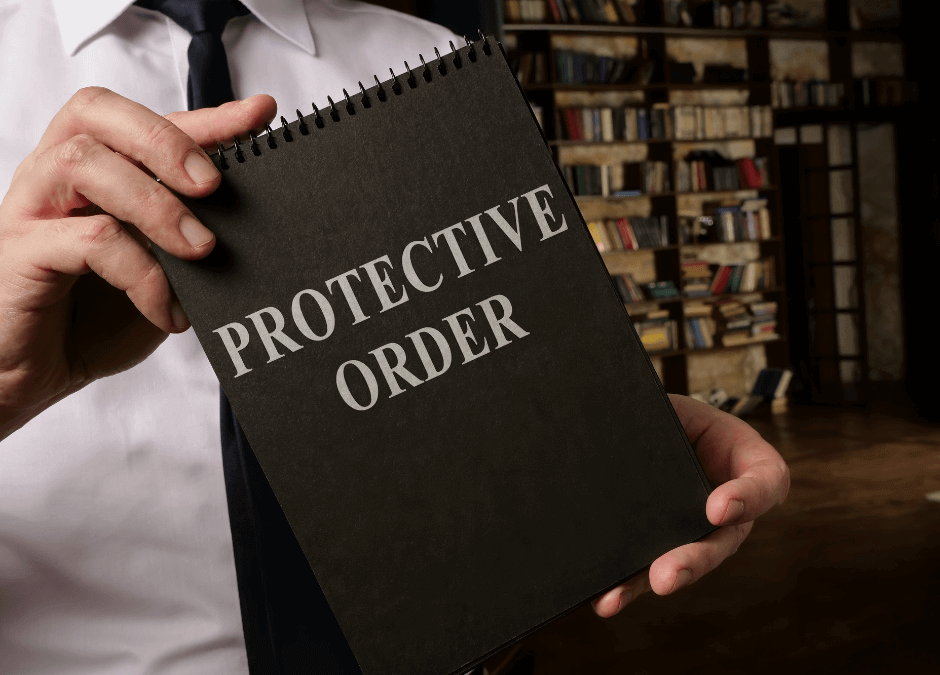A protective order is a legal document issued by a court to provide protection to individuals who may be at risk of harm. This order can limit or restrict the behavior of another person to ensure safety.
What is a Protective Order?
A protective order, also known as a restraining order, is a court order that aims to keep someone safe from harassment, threats, or violence. It can include various restrictions, such as:
- No Contact: The person subject to the order cannot contact or approach the protected individual.
- Stay-Away Order: The individual must stay a certain distance away from the protected person’s home, workplace, or other locations.
- Possession Restrictions: The person may be prohibited from possessing firearms or other weapons.
Why Are Protective Orders Used?
Protective orders are designed to:
- Ensure Safety: They help prevent harm to individuals who may be threatened or abused.
- Prevent Further Incidents: By setting clear boundaries, they aim to stop ongoing harassment or violence.
- Support Victims: They provide legal support and protection for those who need it.
When Are Protective Orders Used in Criminal Cases?
Protective orders are not used in every criminal case. They are more common in situations involving:
- Domestic Violence: When there are allegations of abuse or threats within a family or intimate relationship.
- Stalking: In cases where an individual is being harassed or stalked by another person.
- Threats or Violence: When there are credible threats or past incidents of violence that warrant additional protection.
Why Are They Only Used in Some Cases?
Protective orders are not applicable in all criminal cases due to:
- Nature of the Case: They are most relevant in cases involving personal safety and ongoing threats, not necessarily in all criminal offenses.
- Evidence Requirements: The court needs specific evidence to justify the need for a protective order. In cases where the evidence does not support immediate or ongoing threats, the order may not be issued.
- Legal Standards: There must be a clear basis for the order, including a demonstrated risk to safety, which may not be present in every criminal case.
Examples of Protective Orders
- Domestic Violence Cases: A victim of domestic abuse might obtain a protective order to prevent further contact from the abuser.
- Stalking Cases: If someone is being repeatedly stalked, they might seek a protective order to keep the stalker away from their home and workplace.
Why Protective Orders Matter
Protective orders are crucial for:
- Preventing Harm: They act as a preventive measure to stop further abuse or threats.
- Providing Relief: They offer a legal way to address and mitigate safety concerns.
- Supporting Justice: They play a role in ensuring that victims receive necessary protection during legal proceedings.
What to Know About Protective Orders
- Legal Process: Obtaining a protective order involves filing a request with the court and presenting evidence of the need for protection.
- Enforcement: Violating a protective order can result in criminal charges and penalties.
Protective orders are an essential tool for ensuring safety and addressing threats in certain criminal cases. If you need assistance with a protective order, consult a qualified attorney who can provide guidance based on your specific situation.
***
Disclaimer: This information is for general understanding and is not legal advice. Contact a qualified attorney for legal representation or specific legal advice.

